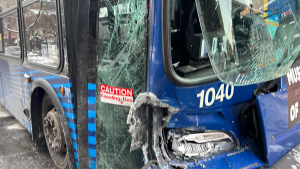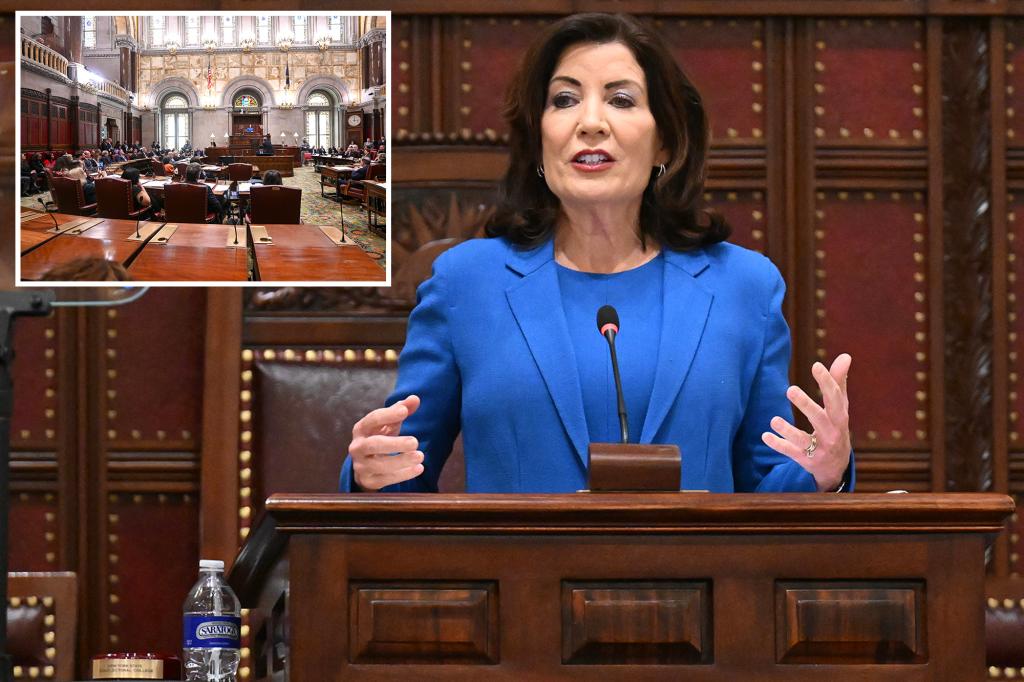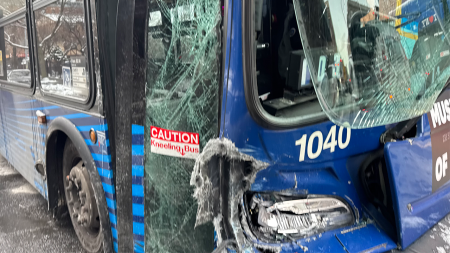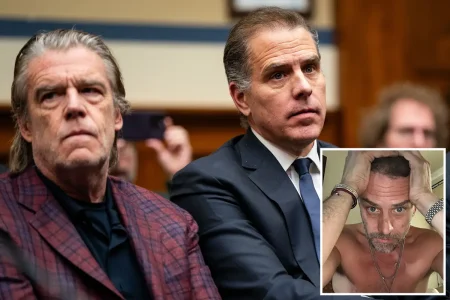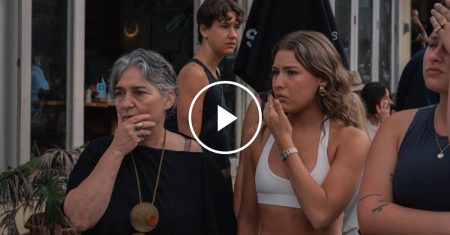Governor Kathy Hochul’s recent veto spree at the close of 2024 has sparked widespread criticism and ignited debates across various sectors in New York. Her decisions, ranging from transparency in emergency contracts to wrongful death claims and homeless shelter reimbursements, have drawn ire from good government groups, advocates, and legal professionals, while simultaneously pleasing others, such as tort reform advocates and some fiscal conservatives. This flurry of vetoes highlights a complex interplay of political priorities, budgetary concerns, and lobbying efforts that shape the state’s legislative landscape.
One of the most contentious vetoes targets a bill designed to enhance transparency in state emergency contracts. This legislation, motivated by concerns over potentially dubious contracts awarded during the COVID-19 pandemic and recent scrutiny of Hochul’s administration, mandates public disclosure of key contract details. Critics, including Congressman Ritchie Torres and the good government group Reinvent Albany, argue that the veto undermines public accountability and protects a flawed system. They dismiss the Governor’s justification regarding the potential disclosure of trade secrets as unfounded, emphasizing the bill’s focus on basic information like vendor names and services provided. This veto clashes sharply with Hochul’s inaugural promise of transparency, raising questions about her commitment to open government. Despite unanimous legislative approval, the likelihood of an override appears slim, reflecting the legislature’s reluctance to challenge the governor.
Another veto drawing significant backlash is Hochul’s rejection, for the third consecutive year, of the Grieving Families Act. This legislation seeks to broaden the scope of eligible claimants under the wrongful death statute, a move championed by the New York State Trial Lawyers Association (NYSTLA). NYSTLA President Victoria Wickman expressed deep disappointment, accusing Hochul of inflexibility and unwillingness to compromise. While proponents argue the bill addresses the needs of grieving families, opponents, including hospitals and tort reform groups, contend it primarily benefits trial lawyers and could inflate insurance premiums. This veto underscores the ongoing tension between those seeking to expand access to legal recourse for wrongful death and those concerned about the potential financial implications for the healthcare system and insurance industry.
Hochul’s veto of a bill concerning homeless shelter reimbursements has also generated controversy. The legislation aimed to modify the current system, which reimburses shelters based on occupancy, a practice criticized by organizations like Safe Horizon and the Urban Resource Institute for disincentivizing shelters from accepting abuse victims without children. These advocates argue that the current system prioritizes maximizing occupancy over providing crucial support to vulnerable individuals. Hochul’s justification for the veto centers on potential unintended consequences, such as a decrease in overall shelter services. This decision highlights the difficult balancing act between optimizing resource allocation and ensuring equitable access to essential services for diverse populations experiencing homelessness.
While these vetoes have drawn considerable criticism, Hochul’s decisions have also found support in some quarters. The veto of the Grieving Families Act, for example, has been applauded by tort reform groups like the Lawsuit Reform Alliance of New York, which views the legislation as a potential driver of increased litigation and insurance costs. Similarly, the veto of the homeless shelter reimbursement bill may resonate with those concerned about fiscal responsibility and potential unintended consequences for the shelter system. These divergent reactions underscore the complex and often conflicting interests at play in these policy debates.
Amidst the controversy, some legislative initiatives have garnered Hochul’s approval. A bill addressing the use of artificial intelligence in automated decision-making within state government has been welcomed by both tech advocates and public sector unions. This legislation aims to balance the potential benefits of AI with concerns about transparency, accountability, and the impact on the workforce. Its passage represents a step towards regulating the rapidly evolving field of AI and its implications for public services and employment.
Two bills remain on Hochul’s desk awaiting a decision. One addresses funding for late school buses, while the other, a landmark piece of environmental legislation, proposes holding companies accountable for climate change and requiring financial contributions to fund climate initiatives. This latter bill faces strong opposition from business groups and its fate remains uncertain. Its passage would represent a significant victory for environmental activists and signal a bold move by New York State in addressing climate change.
The series of vetoes enacted by Governor Hochul illuminates the intricate dynamics of governance, reflecting a complex interplay of competing interests, budgetary constraints, and policy priorities. The reactions to these decisions highlight the diverse perspectives and values that shape New York’s political landscape. While some applaud her fiscal prudence and commitment to mitigating unintended consequences, others criticize her lack of transparency and responsiveness to the needs of vulnerable populations. The coming year will reveal the long-term impact of these decisions and the ongoing debate surrounding the balance between fiscal responsibility, social equity, and effective governance.
